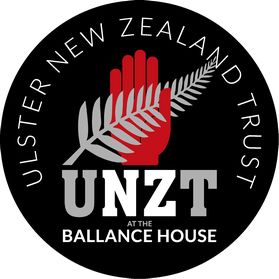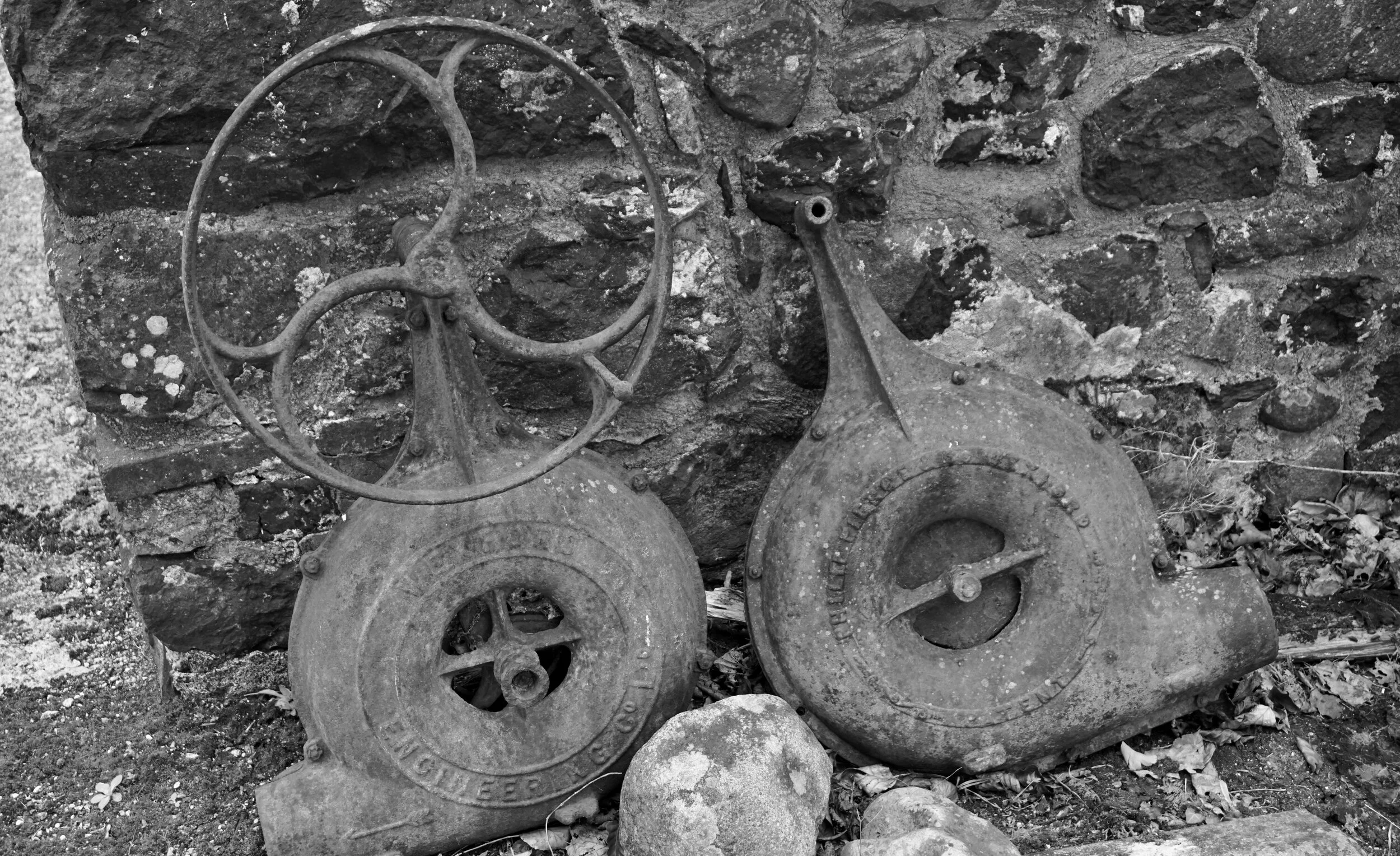19th Century Unchokable Pulper
PIERCE of Wexford equipment was found in nearly every farmyard and farmhouse on this island for over a century.
Founded by James Pierce (1813-68) in 1839 to develop hearth fans or bellows for lighting fires. Pierce of Wexford was particularly successful in the late 1800s and remained in business until 2002. The enterprise was further developed by his brothers Phillip, d.1895, Martin, d.1907, and John, d.1926. At one time they were the largest engineering & agriculture manufacturer in Munster.
Based at Mill Road, Wexford Town Philip Pierce & Co Ltd were iron founders, agricultural implement and tool manufacturers. By the outbreak of the Great War in 1914 they had over 1,000 employees manufacturing a huge range of farm equipment and cycles. They had also survived a serious pre-war industrial dispute as engineering workers fought for the right to join a trade union and seek a living wage.
Operating a Cast Iron Pulper
The Pulper at Ballance House was gifted by former Lisburn agents for Pierce of Wexford Redmond Jefferson Ltd, a much respected firm that become part of the JP Corry Group. Pulpers like this were turned by hand to pulp up root crops such as turnips, beet, cabbage and potatoes before they were fed to animals. Offering stock a whole potato, for example, risked choking and killing a valuable animal.
For those pushing tubers into the machine with one hand and turning the handle with the other that phrase 'mind your fingers' comes to mind! Sadly and frequently many working these pulpers whilst absent minded lost tops of fingers. Operating the Pierce Pulper and dreaming of that wee girl down the lame with a few fields of her own was doubly dangerous!
Success and Tribulation across the World
Pierce of Wexford sold equipment across the then United Kingdom and British Empire with large displays at national events such as the Royal Smithfield Show in London from Victorian times.
Pierce was exporting horse-drawn farm machinery to Africa, and North and South America, Australia, New Zealand and across Europe up until the 1920s. The company had sales offices in London, Paris and Buenos Aires.
Pierce seems to have lost a lot of business during World War I and, while it was important on the Irish Republic's home market up until the 1950s, it did not fully embrace the opportunities that the tractor offered. Exports also faltered as the firm based in an independent Republic of Ireland was now, to some extent, cut off from markets across the UK and former colonies. Irish membership of the European common market in 1973 coming too late to reinvigorate this once famous firm.
As WW11 loomed the company published a book to mark 100 years of progress and a century in business: Philip Pierce & Co Ltd, Mill Road Works, Wexford, Ireland: centenary 1839-1939.
Hearth Bellows
Aside from the Pulper, the Ballance House also has a pair of the Pierce Hearth Bellows once found beside every fireplace in the country. also Pictured at the top of this page.








